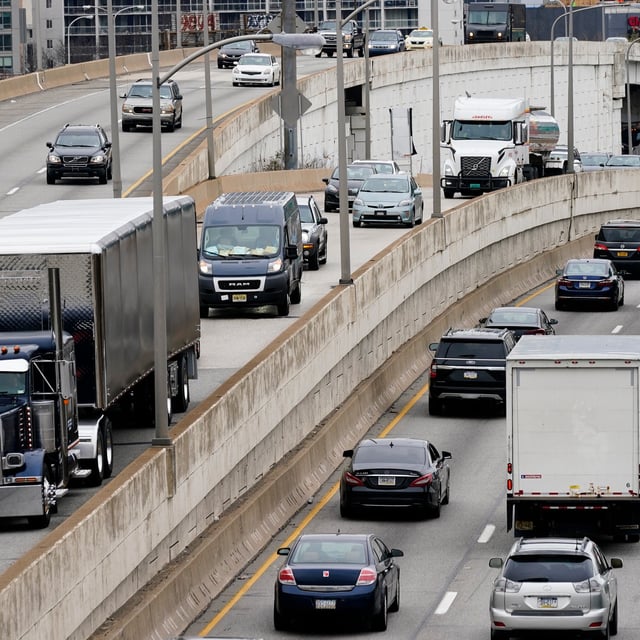Overview
- An earlier Oct. 1 start was postponed after automakers and industry executives warned about costs, parts availability and supply-chain disruptions.
- The tariff decision stems from an April Section 232 investigation that cited a small group of dominant foreign manufacturers and alleged “predatory” trade practices in trucks over 10,000 pounds.
- Mexico and Canada are the largest sources of imported medium- and heavy-duty trucks for the U.S., raising the likelihood of friction within North American supply chains.
- Companies with exposure include Daimler Truck’s Freightliner, Volvo Group’s Mack, and Paccar’s Peterbilt and Kenworth, with International/Navistar most reliant on Mexican production, according to industry data.
- The action expands a sector-by-sector tariff push covering metals, autos and parts, furniture, lumber and pharmaceuticals, and elements of the broader trade program face Supreme Court review.



